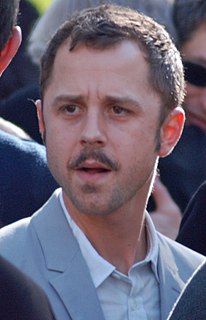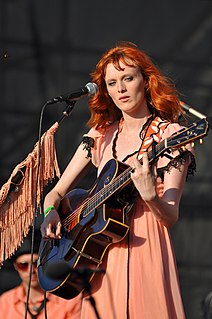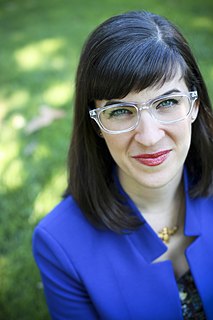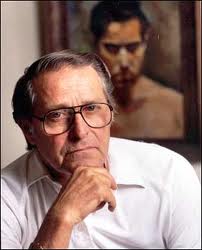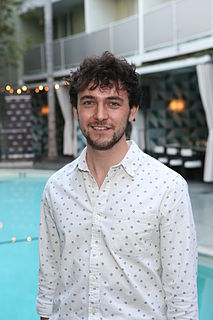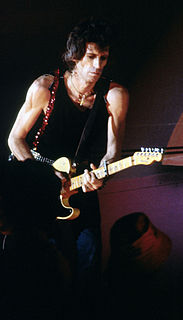A Quote by Harold Ramis
As an actor, you're completely at the mercy of other people. You basically go begging for the opportunity to work. As a writer, at least nobody can tell me what to do. I can write what I want. I might not sell it, but at least I'm in control.
Related Quotes
One of my big revelations was that nobody cares whether you write your novel or not. They want you to be happy. Your parents want you to have health insurance. Your friends want you to be a good friend. But everyone’s thinking about their own problems and nobody wakes up in the morning thinking, ‘Boy, I sure hope Sam finishes that chapter and gets one step closer to his dream of being a working writer.’ Nobody does that. If you want to write, it has to come from you. If you don’t want to write, that’s great. Go do something else. That was a very liberating moment for me.
Definitely as an actor, the experience you have, at least I'm talking for me, my experience as an actor is you go to the set and know what you're going to do, know your lines, you rehearse, you do your scene, you go back home. As a producer, for the first time I saw the whole picture in a completely different way.
As a model, I am at the mercy of everybody else. It's much more of a situation where I go to work, put the clothes on, get in front of the camera, and then go home. But in that process, I never really have control over any of it. So, putting out a record, it's such a brilliant opportunity to be in control of things. It's my world, my music, and I can put it out there in a way that is meaningful to me.
If you do not want what I want, please try not to tell me that my want is wrong. Or if my beliefs are different from yours, at least pause before you set out to correct them. Or if my emotion seems less or more intense than yours, given the same circumstances, try not to ask me to feel other than I do. Or if I act, or fail to act, in the manner of your design for action, please let me be. I do not, for the moment at least, ask you to understand me. That will come only when you are willing to give up trying to change me into a copy of you.
If we turn our backs on the remaining industries and not reinvest in these places and just say 'You're on your own,' we will lose an entire generation of people that have no other options, other than to turn to somebody like Donald Trump and say, you know, 'Wow, he at least gets me. He at least cares. He at least pays lip service.'
They have a good ethos at Guildhall in that they basically throw loads of different things at you. Their theory is that after you leave, if you use 10 of those 100 things, that's great. The other 90, you might not agree with or might not work for you as an actor. But if you can find 10 that work for you, then ultimately you leave as a better actor.
Who are the people, for example, to whom you go for advice? Not to the hard, practical ones who can tell you exactly what to do, but to the listeners; that is, the kindest, least censorious, least bossy people you know. It is because by pouring out your problem to them, you then know what to do about it yourself.
What is it that makes you want to write songs? In a way you want to stretch yourself into other people’s hearts. You want to plant yourself there, or at least get a resonance, where other people become a bigger instrument than the one you’re playing. It becomes almost an obsession to touch other people. To write a song that is remembered and taken to heart is a connection, a touching of bases. A thread that runs through all of us. A stab to the heart. Sometimes I think songwriting is about tightening the heartstrings as much as possible without bringing on a heart attack.






